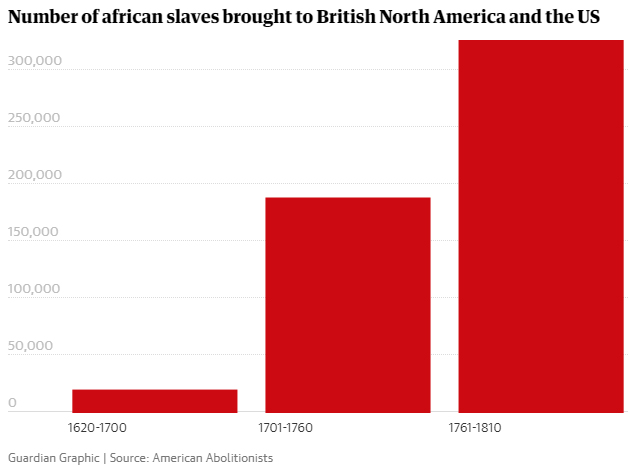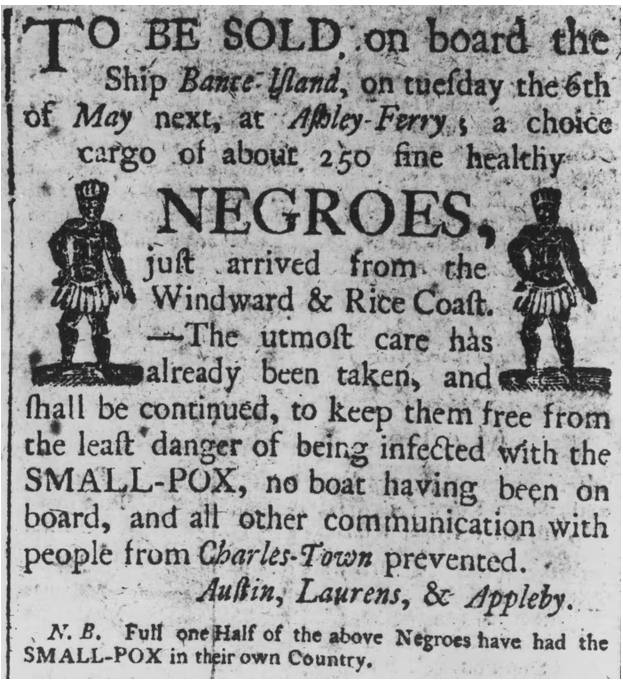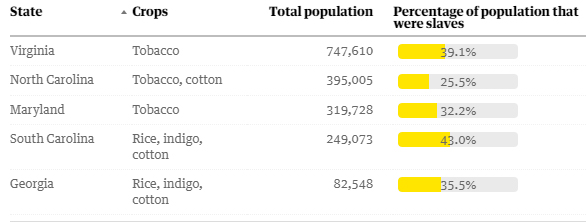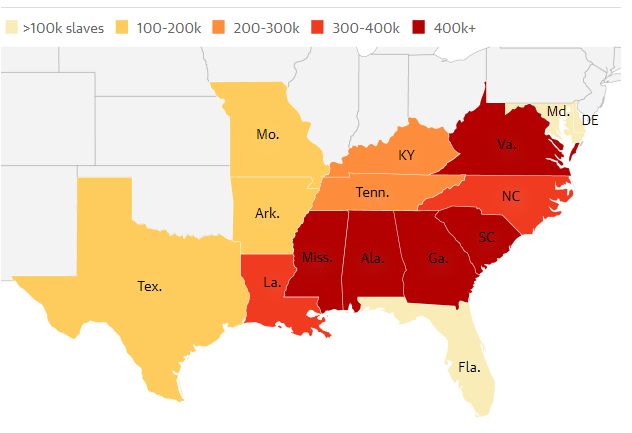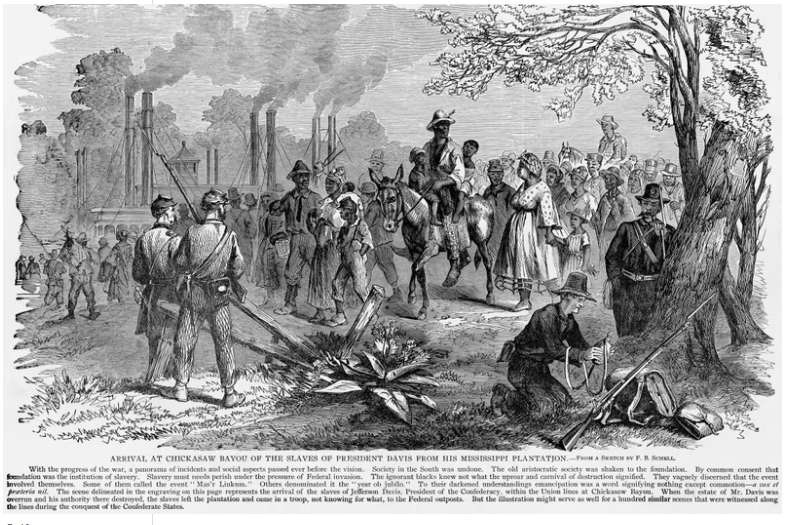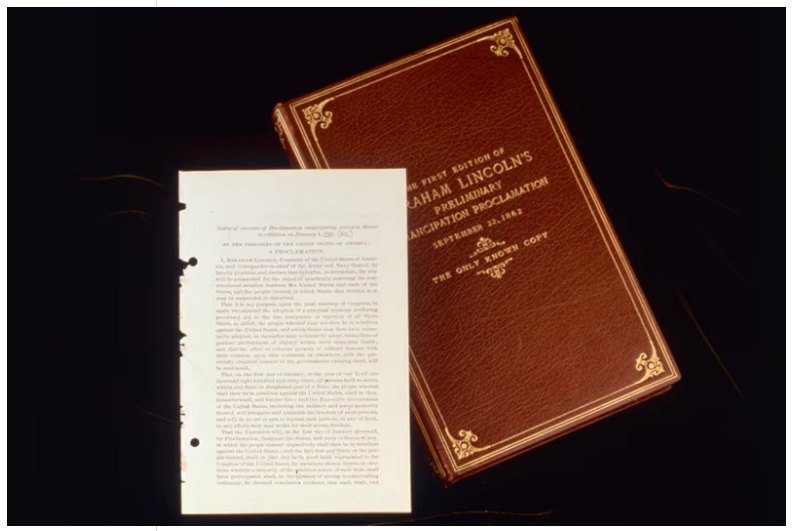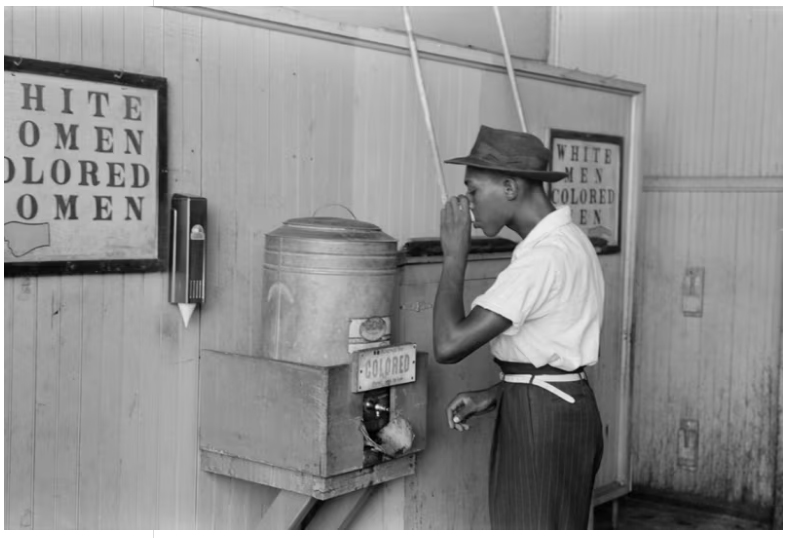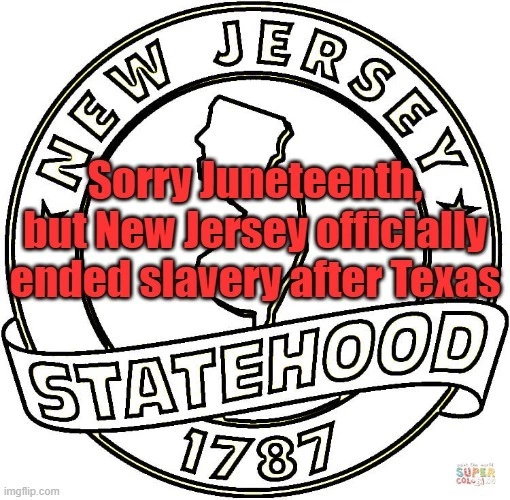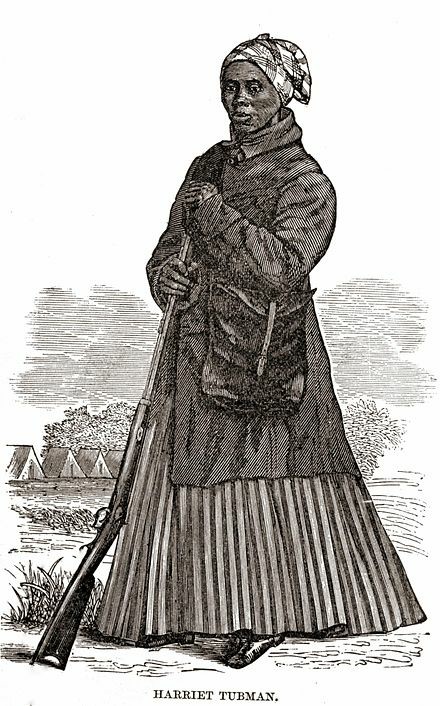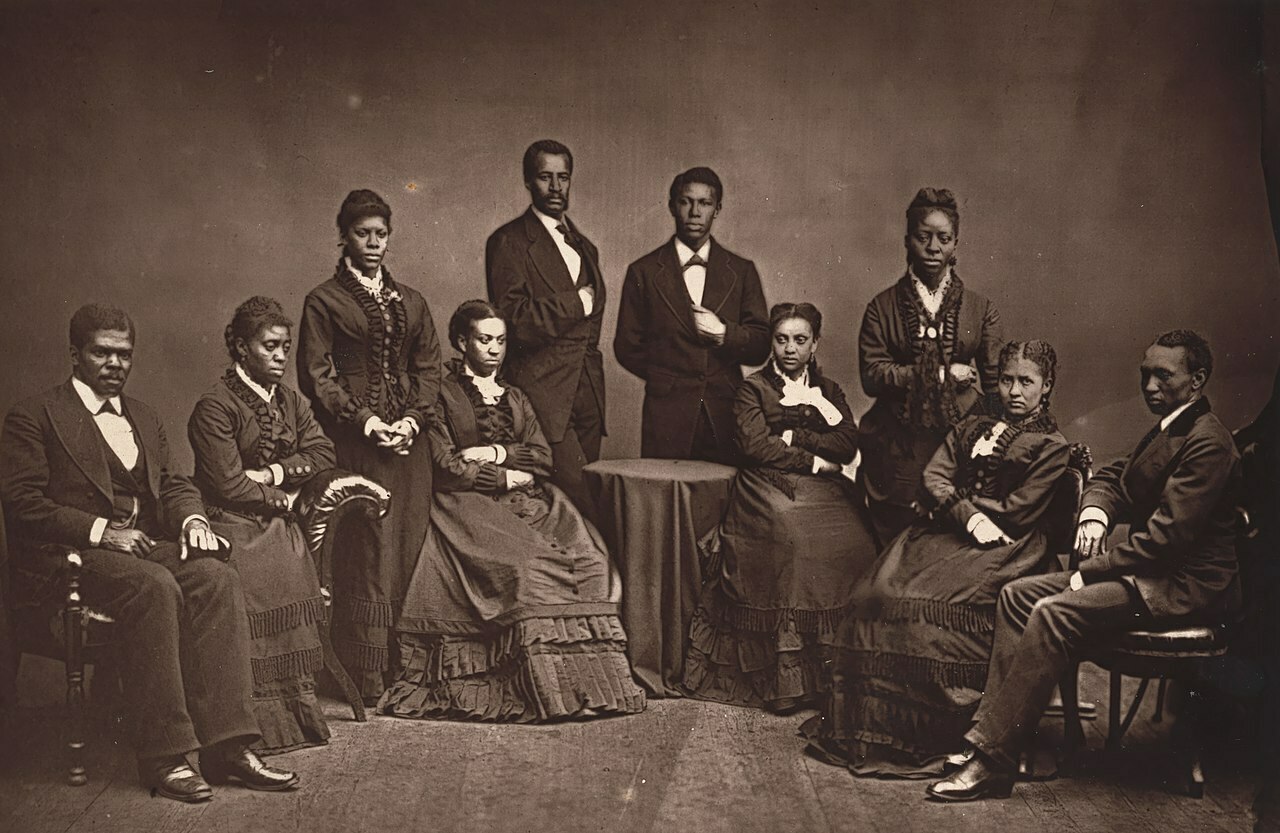[gopher://gopher.floodgap.com/0/feeds/voaheadlines/2024/Oct/25/https---www.voanews.com-a-king-charles-tells-summit-past-can-t-be-changed-as-leaders-ask-britain-to-reckon-with-slavery-7838678.html](gopher://gopher.floodgap.com/0/feeds/voaheadlines/2024/Oct/25/https---www.voanews.com-a-king-charles-tells-summit-past-can-t-be-changed-as-leaders-ask-britain-to-reckon-with-slavery-7838678.html)
Originally posted by the Voice of America.
Voice of America content is produced by the Voice of America,
a United States federal government-sponsored entity, and is in
the public domain.
King Charles tells summit past can't be changed as leaders ask Britain to reckon with slavery
by Associated Press
King Charles III told a summit of Commonwealth countries in Samoa on
Friday that the past could not be changed as he indirectly acknowledged
calls from some of Britain's former colonies for a reckoning over its
role in the trans-Atlantic slave trade.
The British royal understood "the most painful aspects of our past
continue to resonate," he told leaders in Apia. But Charles stopped
short of mentioning financial reparations that some leaders at the
event have urged and instead exhorted them to find the "right language"
and an understanding of history "to guide us towards making the right
choices in future where inequality exists."
"None of us can change the past but we can commit with all our hearts
to learning its lessons and to finding creative ways to right the
inequalities that endure," said Charles, who is attending his first
Commonwealth Heads of Government Meeting, or CHOGM, as Britain's head
of state.
His remarks at the summit's official opening ceremony echoed comments a
day earlier by British Prime Minister Keir Starmer that the meeting
should avoid becoming mired in the past and "very, very long endless
discussions about reparations." The U.K. leader dismissed calls from
Caribbean countries for leaders at the biennial event to explicitly
discuss redress for Britain's role in the slave trade and mention the
matter in its final joint statement.
But Britain's handling of its involvement in the trans-Atlantic slave
trade is seen by many observers as a litmus test for the Commonwealth's
adaptation to a modern-day world, as other European nations and some
British institutions have started to own up to their role in the trade.
"I think the time has come for this to be taken seriously," said
Jacqueline McKenzie, a partner at London law firm Leigh Day. "Nobody
expects people to pay every single penny for what happened. But I think
there needs to be negotiations."
Such a policy would be costly and divisive at home, McKenzie said.
The U.K. has never formally apologized for its role in the trade, in
which millions of African citizens were kidnapped and transported to
plantations in the Caribbean and Americas over several centuries,
enriching many individuals and companies. Studies estimate Britain
would owe between hundreds of millions and trillions of dollars in
compensation to descendants of slaves.
The Bahamas Prime Minister Philip Davis on Thursday said he wanted a
"frank" discussion with Starmer about the matter and would seek mention
of the reparations issue in the leaders' final statement at the event.
All three candidates to be the next Commonwealth Secretary-General --
from Gambia, Ghana and Lesotho -- have endorsed policies of reparatory
justice for slavery.
Starmer said Thursday in remarks to reporters that the matter would not
be on the summit's agenda. But Commonwealth Secretary-General Patricia
Scotland told The Associated Press in an interview that leaders "will
speak about absolutely anything they want to speak about" at an all-day
private meeting scheduled for Saturday.
King Charles said in Friday's speech that nothing would right
inequality "more decisively than to champion the principle that our
Commonwealth is one of genuine opportunity for all." The monarch urged
leaders to "choose within our Commonwealth family the language of
community and respect, and reject the language of division."
He has expressed "sorrow" over slavery at a CHOGM summit before, in
2022, and last year endorsed a probe into the monarchy's ties to the
industry.
Charles -- who is battling cancer -- and his wife, Queen Camilla, will
return to Britain tomorrow after visiting Samoa and Australia -- where
his presence prompted a lawmaker's protest over his country's colonial
legacy.
He acknowledged Friday that the Commonwealth had mattered "a great
deal" his late mother Queen Elizabeth II, who was seen as a unifying
figure among the body's at times disparate and divergent states.
The row over reparations threatened to overshadow a summit that Pacific
leaders -- and the Commonwealth secretariat -- hoped would focus
squarely on the ruinous effects of climate change.
"We are well past believing it is a problem for the future since it is
already undermining the development we have long fought for," the king
said Friday. "This year alone we have seen terrifying storms in the
Caribbean, devastating flooding in East Africa and catastrophic
wildfires in Canada. Lives, livelihood and human rights are at-risk
across the Commonwealth."
Charles offered "every encouragement for action with unequivocal
determination to arrest rising temperatures" by cutting emissions,
building resilience, and conserving and restoring nature on land and at
sea, he said.
Samoa is the first Pacific Island nation to host the event, and Prime
Minister FiamÄ Naomi Mata'afa said in a speech Friday that it was "a
great opportunity for all to experience our lived reality, especially
with climate change," which was "the greatest threat to the survival
and security of our Pacific people."
Two dozen small island nations are among CHOGM's 56 member states,
among them the world's most imperiled by rising seas. Her remarks came
as the United Nations released a stark new report warning that the
world was on pace for significantly more warming than expected without
immediate climate action.
The population of the member nations of the 75-year-old Commonwealth
organization totals 2.7 billion people.
#uk #king-charles #commonwealth #british-commonwealth #slavery #reparations #CHOGM


